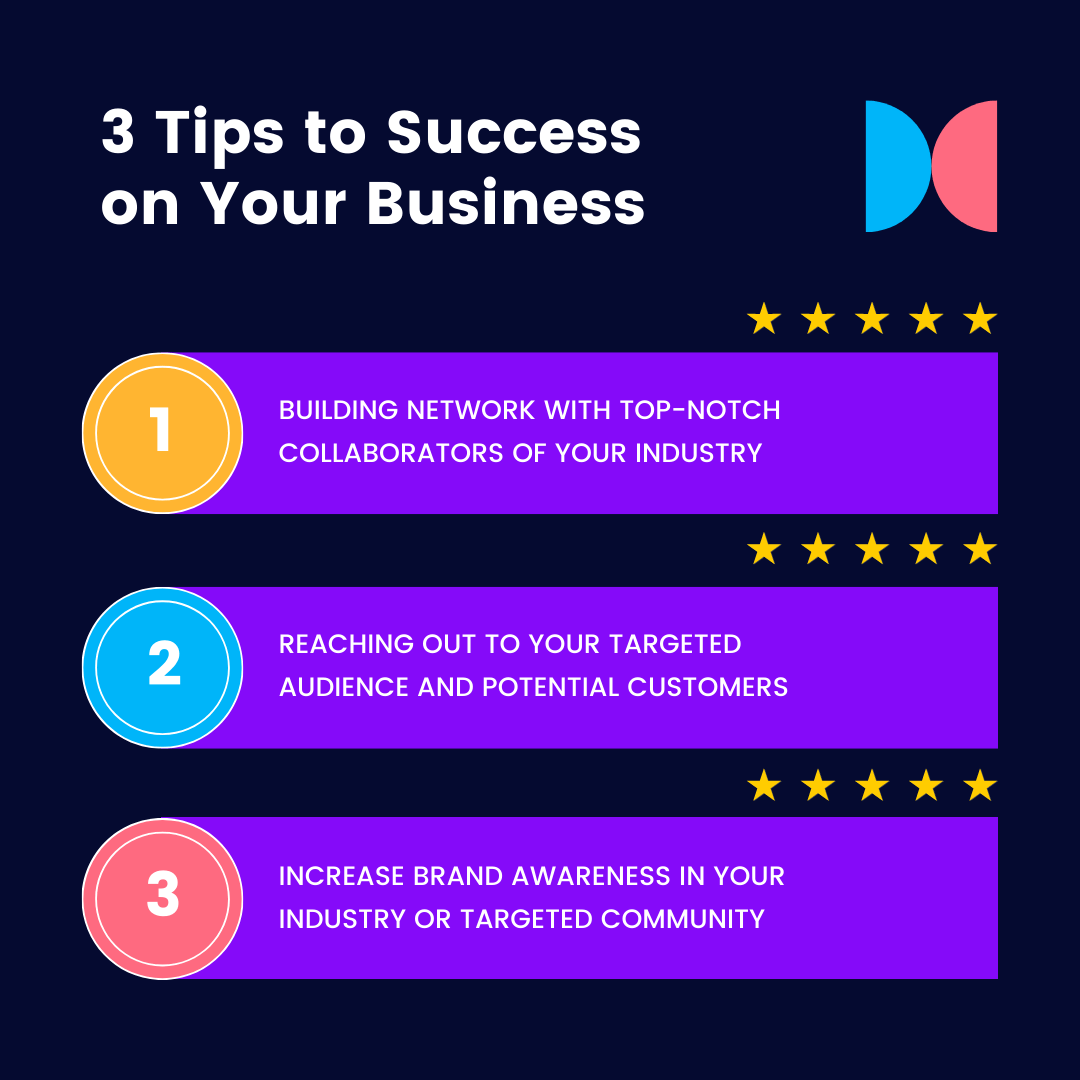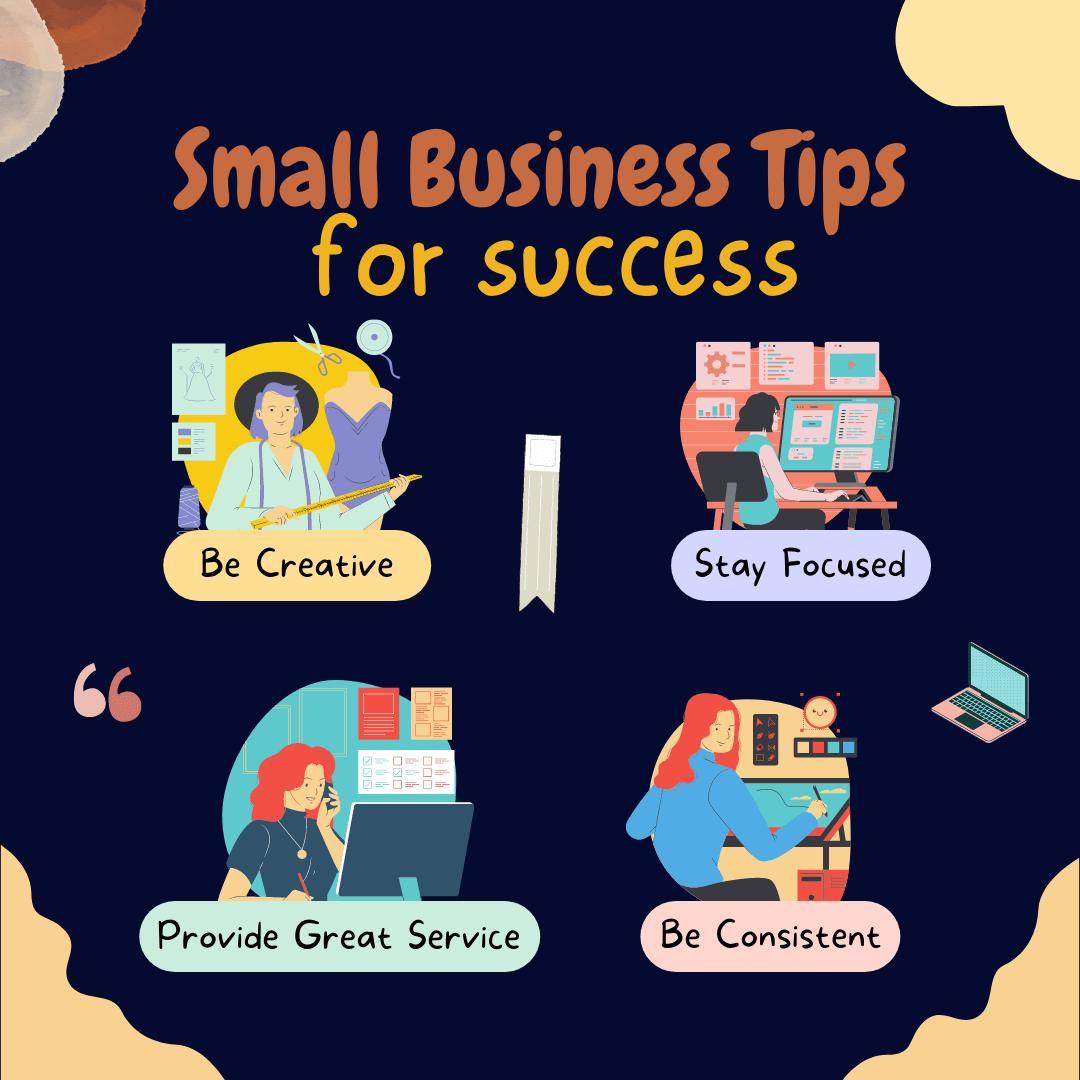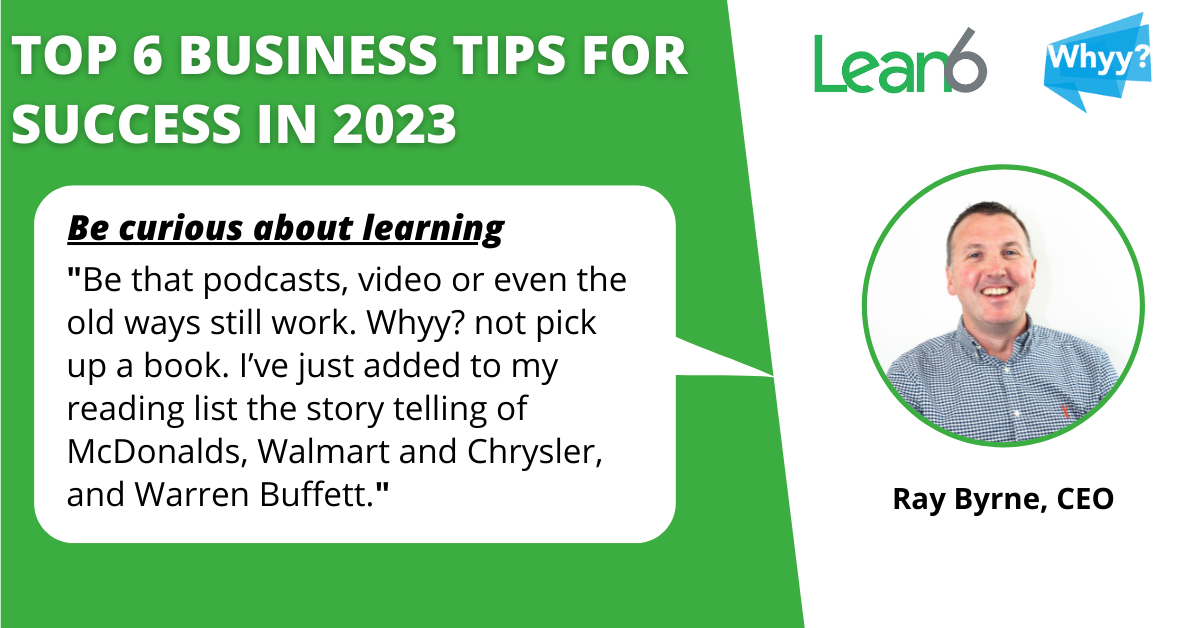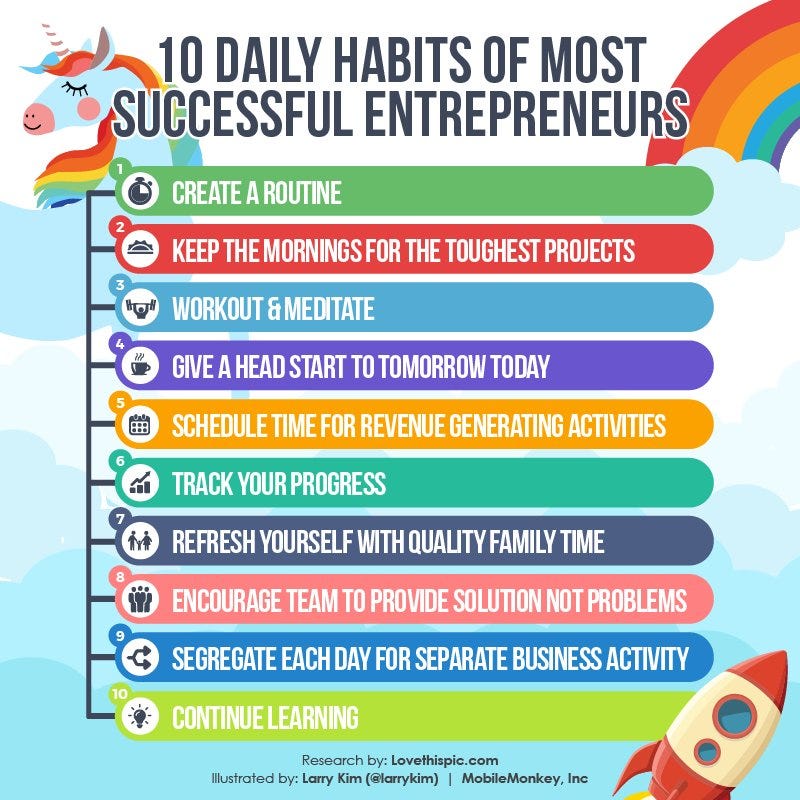Top Business Tips For Success

So, you're thinking about diving into the exciting world of entrepreneurship? That's fantastic! But let's be honest, launching a business isn't just about having a great idea. It requires careful planning, unwavering dedication, and a healthy dose of practical knowledge.
This guide is specifically designed for first-time business owners like you. We'll cut through the noise and provide actionable tips to help you navigate the challenges and build a thriving enterprise. This is about equipping you with the knowledge to make smart decisions, avoid common pitfalls, and set your business up for long-term success.
Why This Matters: Building a Solid Foundation
Starting a business is like building a house. A shaky foundation means the whole structure is at risk. Without a clear strategy and a grasp of the fundamentals, your venture could crumble before it even gets off the ground.
That's why we're focusing on the core principles that will help you build a strong, sustainable business. We’ll explore everything from defining your target market to managing your finances.
Tip 1: Know Your Customer Inside and Out
Who are you selling to? Understanding your target audience is crucial. Don't just assume you know what they want; do your research!
Conduct market research, analyze demographics, and identify their pain points. Knowing your customer allows you to tailor your products, services, and marketing efforts to their specific needs, leading to higher sales and customer loyalty.
Tip 2: Craft a Rock-Solid Business Plan
A business plan isn't just for securing funding; it's your roadmap to success. It outlines your business goals, strategies, and how you plan to achieve them.
Your plan should include market analysis, competitive analysis, financial projections, and an operational plan. A well-defined business plan helps you stay focused, track progress, and make informed decisions along the way.
Tip 3: Manage Your Finances Wisely
Cash flow is the lifeblood of any business, especially for startups. Track your income and expenses meticulously. Understand your profit margins and manage your cash flow effectively to avoid running into financial trouble.
Consider using accounting software and seeking advice from a financial advisor. Remember, even a profitable business can fail due to poor cash flow management. Don't underestimate the importance of financial literacy.
Tip 4: Embrace Marketing and Branding
How will people find out about your business? Marketing is essential for attracting customers and building brand awareness.
Develop a marketing strategy that encompasses both online and offline channels. Utilize social media, content marketing, email marketing, and traditional advertising methods to reach your target audience. Branding is equally important; it's how you create a unique identity and differentiate yourself from competitors. Create a consistent brand message and visual identity across all platforms.
Tip 5: Build a Strong Team
You can't do it all alone. Surround yourself with talented and dedicated individuals who share your vision.
Hire employees who possess the skills and experience you need to succeed. Foster a positive and collaborative work environment where everyone feels valued and motivated. Remember, your team is your greatest asset. Invest in their training and development to create a high-performing workforce.
Comparison Table: Top 5 Business Software Solutions
| Software | Price (per month) | Key Features | Warranty/Support |
|---|---|---|---|
| QuickBooks Online | $30 - $200 | Accounting, Invoicing, Payroll | Phone & Chat Support |
| Xero | $25 - $80 | Accounting, Inventory, Bank Reconciliation | Email & Chat Support |
| Zoho CRM | $14 - $52 | Sales Automation, Marketing Automation, Customer Support | Phone, Email, & Chat Support |
| HubSpot CRM | Free - $1,200+ | Sales, Marketing, Customer Service | Email & Community Support (Paid plans offer phone support) |
| Asana | Free - $25 | Project Management, Task Management, Collaboration | Email & Knowledge Base Support (Paid plans offer priority support) |
Detailed Reviews
QuickBooks Online:
QuickBooks Online is a popular choice for small businesses due to its comprehensive accounting features. It integrates well with other apps and offers robust reporting capabilities. However, the pricing can be steep for some users.
Xero:
Xero is known for its user-friendly interface and strong bank reconciliation features. It's a great option for businesses that need a streamlined accounting solution. The reporting options are solid but may not be as in-depth as QuickBooks.
Zoho CRM:
Zoho CRM is a powerful CRM that offers a wide range of features at a competitive price. It's suitable for businesses that need to manage sales, marketing, and customer support. The user interface can be a bit overwhelming at first.
HubSpot CRM:
HubSpot CRM is a free CRM that's perfect for businesses that are just starting out. It offers a generous set of features and integrates seamlessly with other HubSpot products. Paid plans offer advanced functionalities, but the free version is a solid option.
Asana:
Asana is a project management tool that helps teams stay organized and collaborate effectively. It's ideal for businesses that need to manage complex projects and tasks. The free version is suitable for small teams, while paid plans offer more advanced features.
Used vs. New: Weighing Your Options
Choosing between used and new equipment or software can be tricky.
Used:
Pros: Lower upfront cost, faster ROI. Cons: Potential for hidden problems, limited warranty, shorter lifespan.
New:
Pros: Full warranty, latest technology, longer lifespan. Cons: Higher upfront cost, slower ROI.
Reliability Ratings by Brand (Software)
These ratings are based on user reviews and industry reports.
- QuickBooks Online: High Reliability
- Xero: High Reliability
- Zoho CRM: Moderate Reliability
- HubSpot CRM: High Reliability
- Asana: High Reliability
Checklist: 5 Must-Check Features Before Buying (Software)
- Integration Capabilities: Does it integrate with your existing systems?
- Scalability: Can it grow with your business?
- Ease of Use: Is it user-friendly for your team?
- Customer Support: What level of support is available?
- Security: Does it offer robust security features?
Key Takeaways
Starting a business is a challenging but rewarding journey. By understanding your customer, crafting a solid business plan, managing your finances wisely, embracing marketing and branding, and building a strong team, you can significantly increase your chances of success. Carefully consider your software choices, balancing cost, features, and reliability.
Remember to weigh the pros and cons of used versus new options. Don't skip the must-check features before making any buying decisions. Thorough research and planning are critical.
Ready to Take the Leap?
We hope this guide has provided you with valuable insights and practical tips for launching your business. Now it's time to put these principles into action. Don't be afraid to ask for help, seek out mentors, and never stop learning. The entrepreneurial journey is a marathon, not a sprint. Consider these points when planning your business, and what tools can make your life easier in the long run.
For more in-depth information and resources, explore our website and subscribe to our newsletter. Good luck on your entrepreneurial adventure!


















